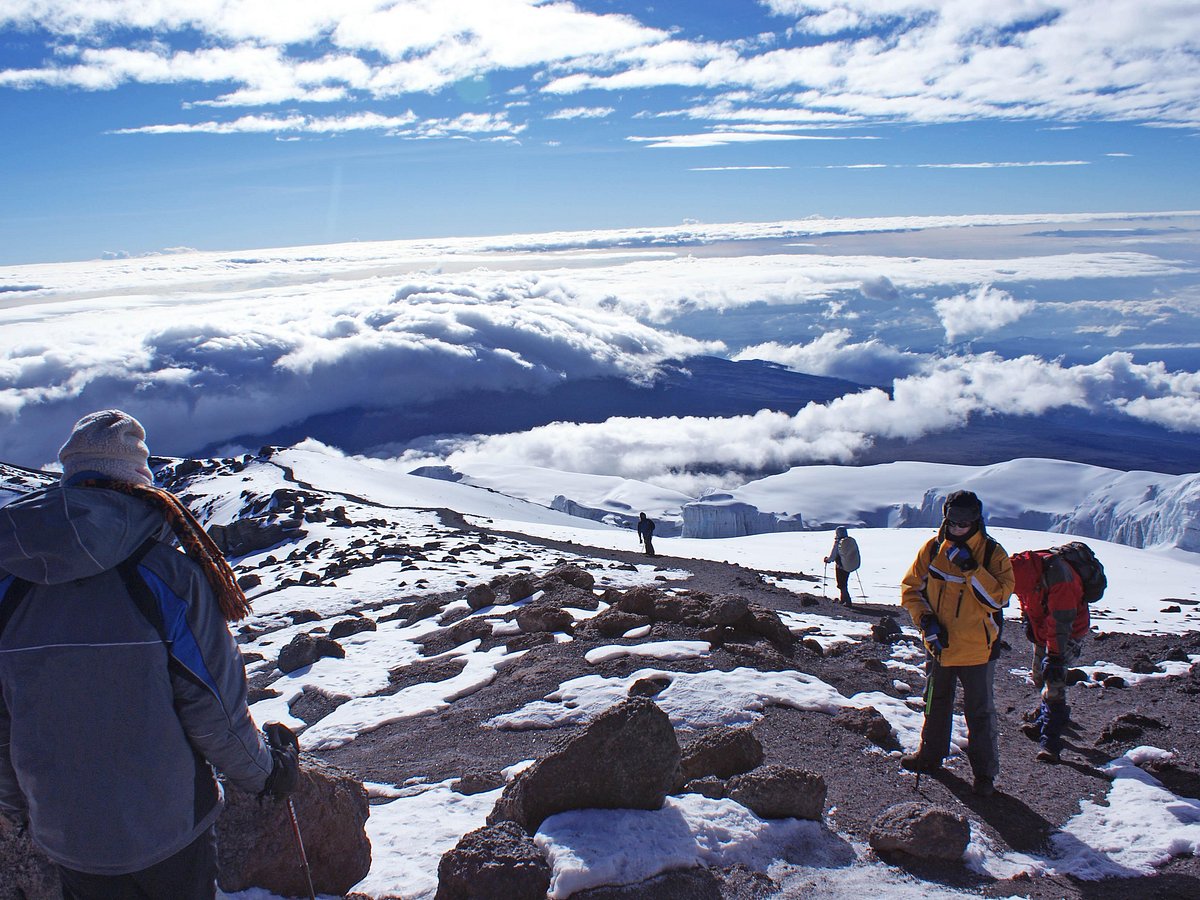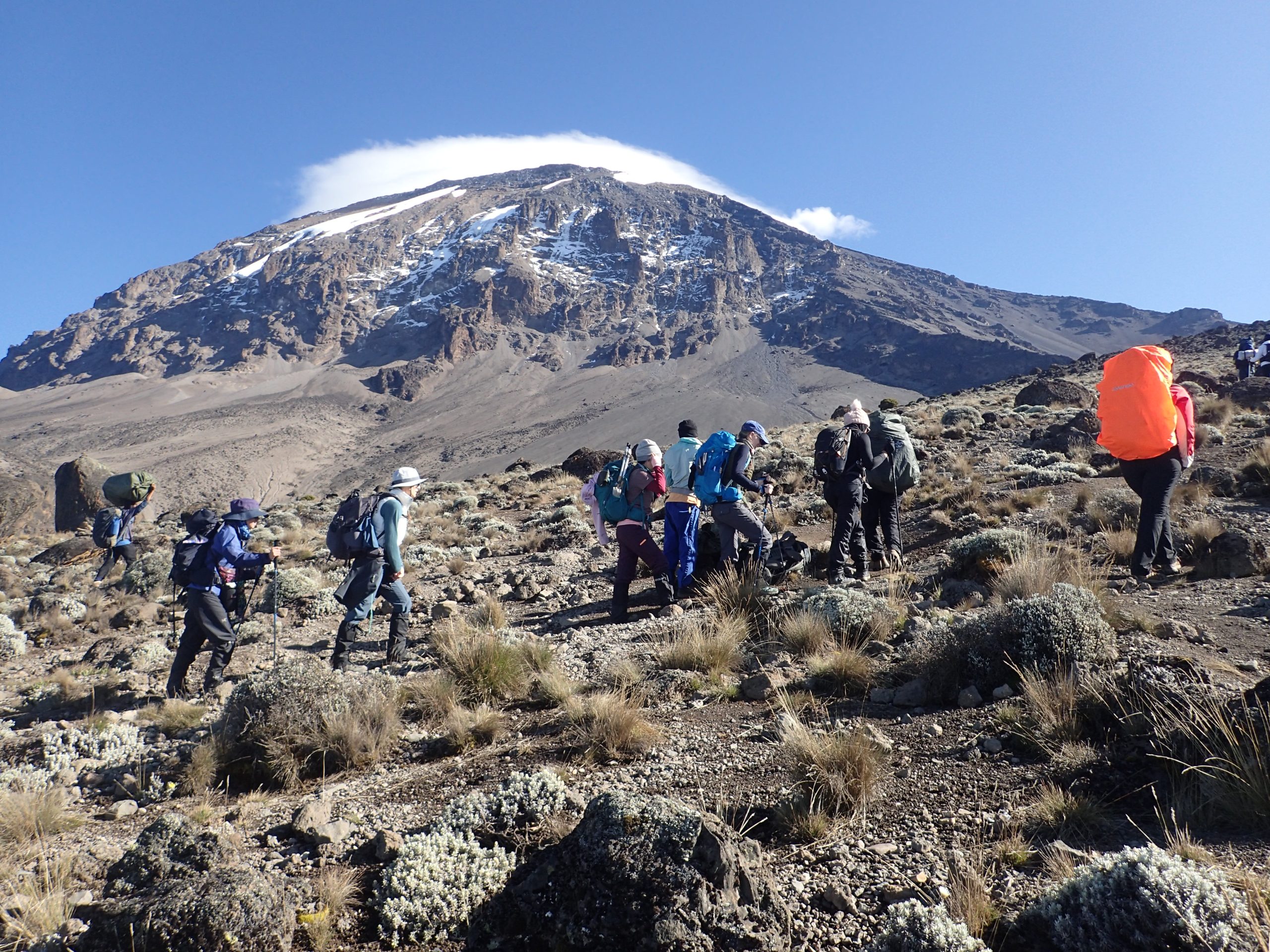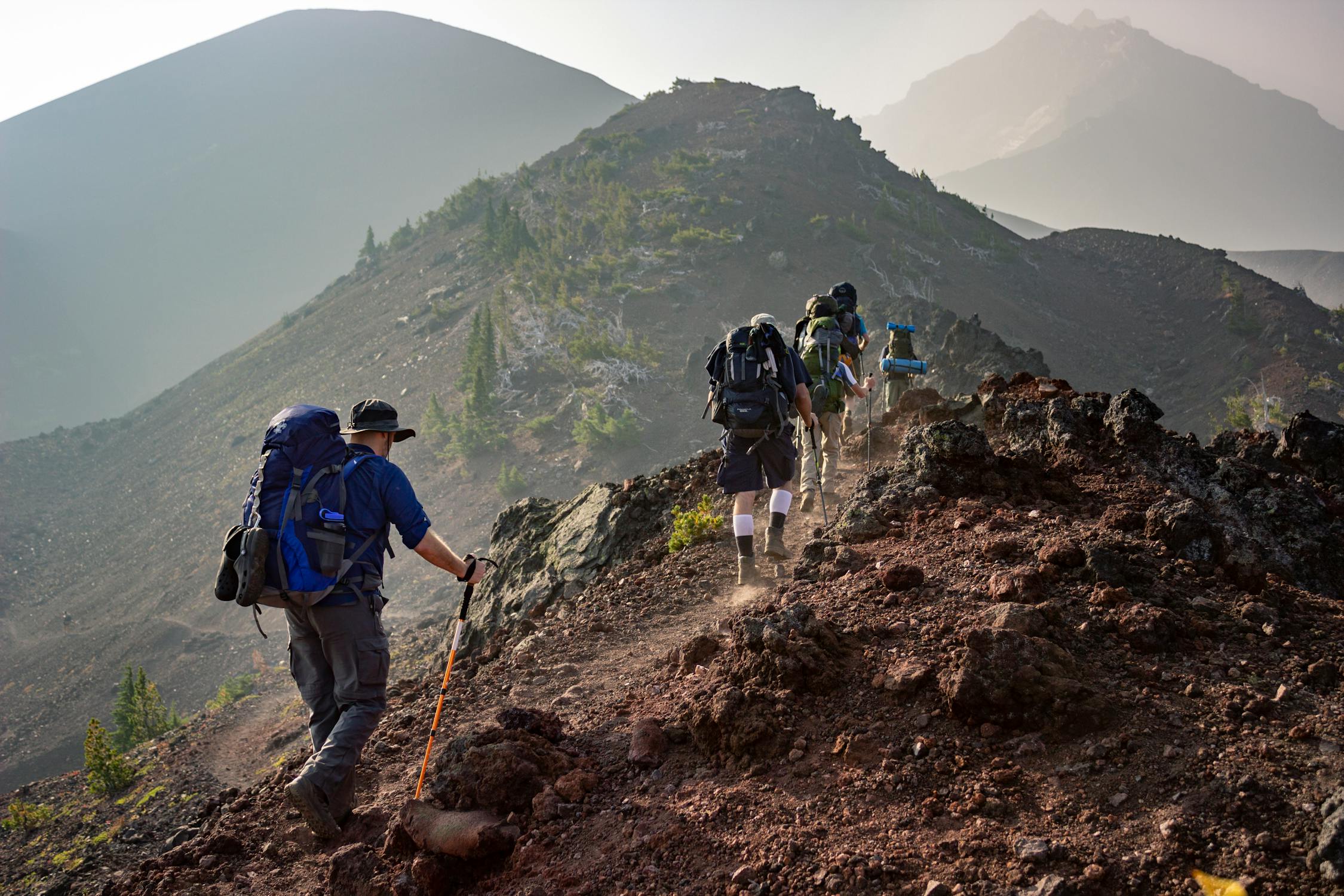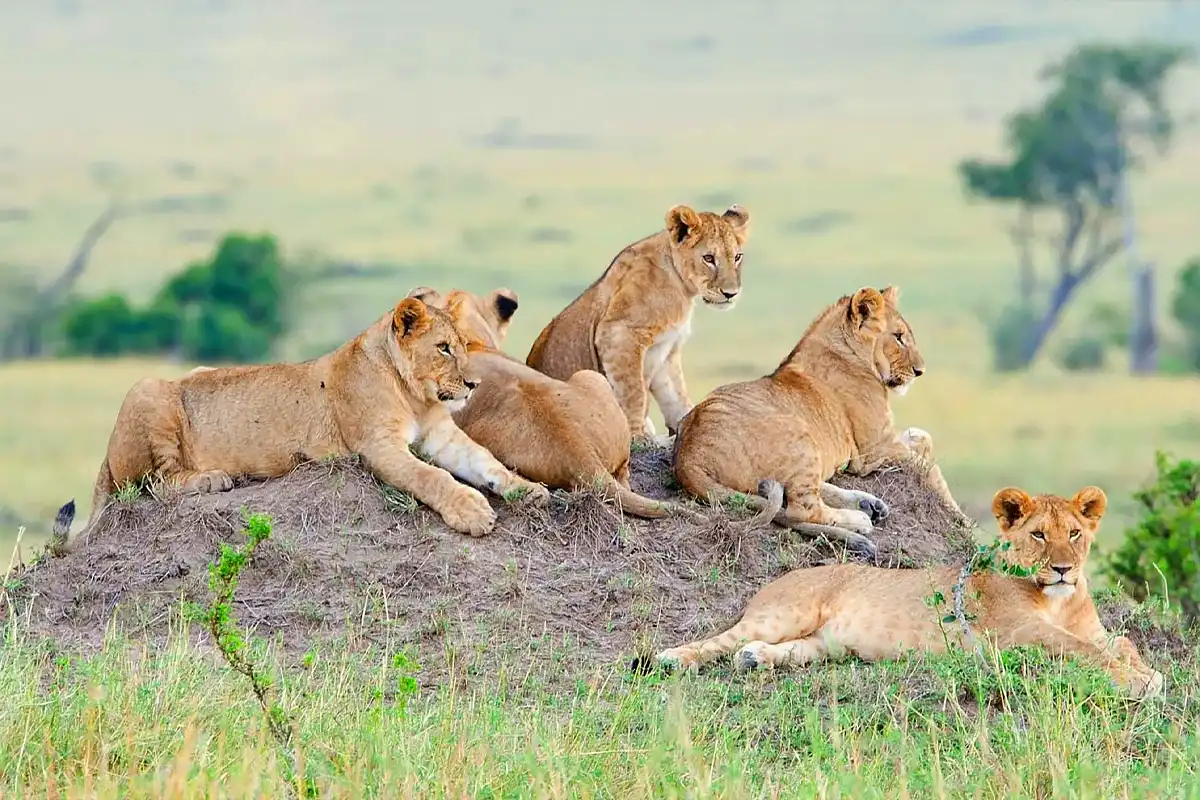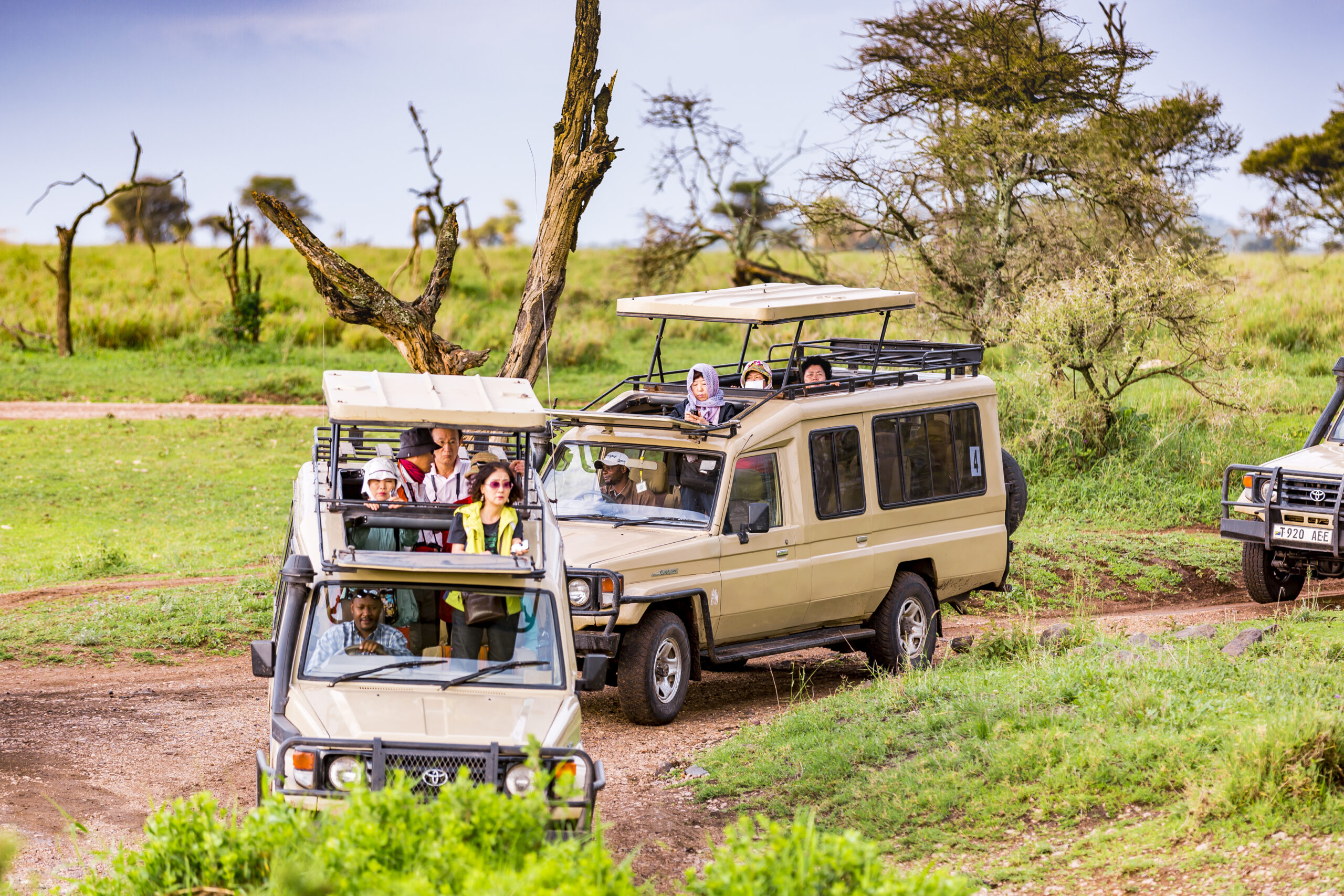Vaccines & Immunisations
Home » Vaccines & ImmunisationsVaccines & Immunisations for Kilimanjaro Climbers
Preparing for a Kilimanjaro climb means more than just packing the right gear — it’s also about protecting your health. Vaccinations and immunisations are a key part of staying safe on your adventure to Tanzania’s highest peak.
Why Vaccines Matter for Kilimanjaro Trekkers
Tanzania is a beautiful country with diverse climates, but it also has risks for certain infectious diseases. Vaccines help your immune system fight these illnesses, which can otherwise disrupt or endanger your trip.
Getting the right immunisations before traveling is essential not only for your safety but also to comply with Tanzania’s entry requirements.
Required Vaccinations
1. Yellow Fever
Who needs it? Travelers arriving from countries with yellow fever risk zones must present a valid yellow fever vaccination certificate upon entry to Tanzania.
Important: This vaccine is mandatory for entry if coming from affected countries. Even if you’re not from such a country, it’s good to check your itinerary and connections.
Recommended Vaccinations
Even if not mandatory, these vaccines are strongly advised to protect you during your Kilimanjaro trip:
2. Hepatitis A & B
Hepatitis A spreads through contaminated food and water; hepatitis B through bodily fluids. Vaccination protects you from these liver infections common in many parts of Africa.
3. Typhoid
Typhoid fever spreads through contaminated food or water. A typhoid vaccine reduces the risk of infection during your travels.
4. Tetanus, Diphtheria & Pertussis (Tdap)
Stay up to date with your routine tetanus booster and other standard immunisations. These protect against bacterial infections that can occur from cuts or injuries while trekking.
5. Rabies
Recommended for those who may have close contact with animals or plan extended stays in rural areas. Rabies is present in some wildlife and domestic animals in Tanzania.
Malaria Prevention
While the Kilimanjaro region is considered a lower-risk area for malaria compared to coastal and lake zones, it’s still advisable to:
- Take antimalarial medication as prescribed by your doctor.
- Use insect repellent containing DEET.
- Sleep under mosquito nets where available.
- Wear long sleeves and pants, especially at dawn and dusk.
Other Health Tips
- Drink only bottled or purified water.
- Avoid raw or undercooked foods.
- Practice good hand hygiene with soap or sanitizer.
- Consult a travel health specialist 4–6 weeks before departure to tailor vaccinations and medications to your specific needs.
What to Bring on Your Trek
- Your vaccination record or international vaccine passport.
- Any prescribed medications, including malaria prophylaxis.
- Basic first aid supplies for minor injuries or illnesses.
Summary Table of Vaccines & Immunisations
| Vaccine | Requirement | Recommended For |
|---|---|---|
| Yellow Fever | Mandatory (if from risk country) | All travelers from risk zones |
| Hepatitis A & B | Recommended | All travelers |
| Typhoid | Recommended | All travelers |
| Tetanus, Diphtheria | Recommended | All travelers |
| Rabies | Recommended (specific cases) | Travelers with animal contact risk |
| Malaria Prevention | Recommended | All travelers |
Explore other options
Plan and book your trip with Lumara Migration Safaris
Your dream African adventure starts here. From thrilling safaris and cultural encounters to serene beach escapes, let our expert team craft a personalized experience just for you.

